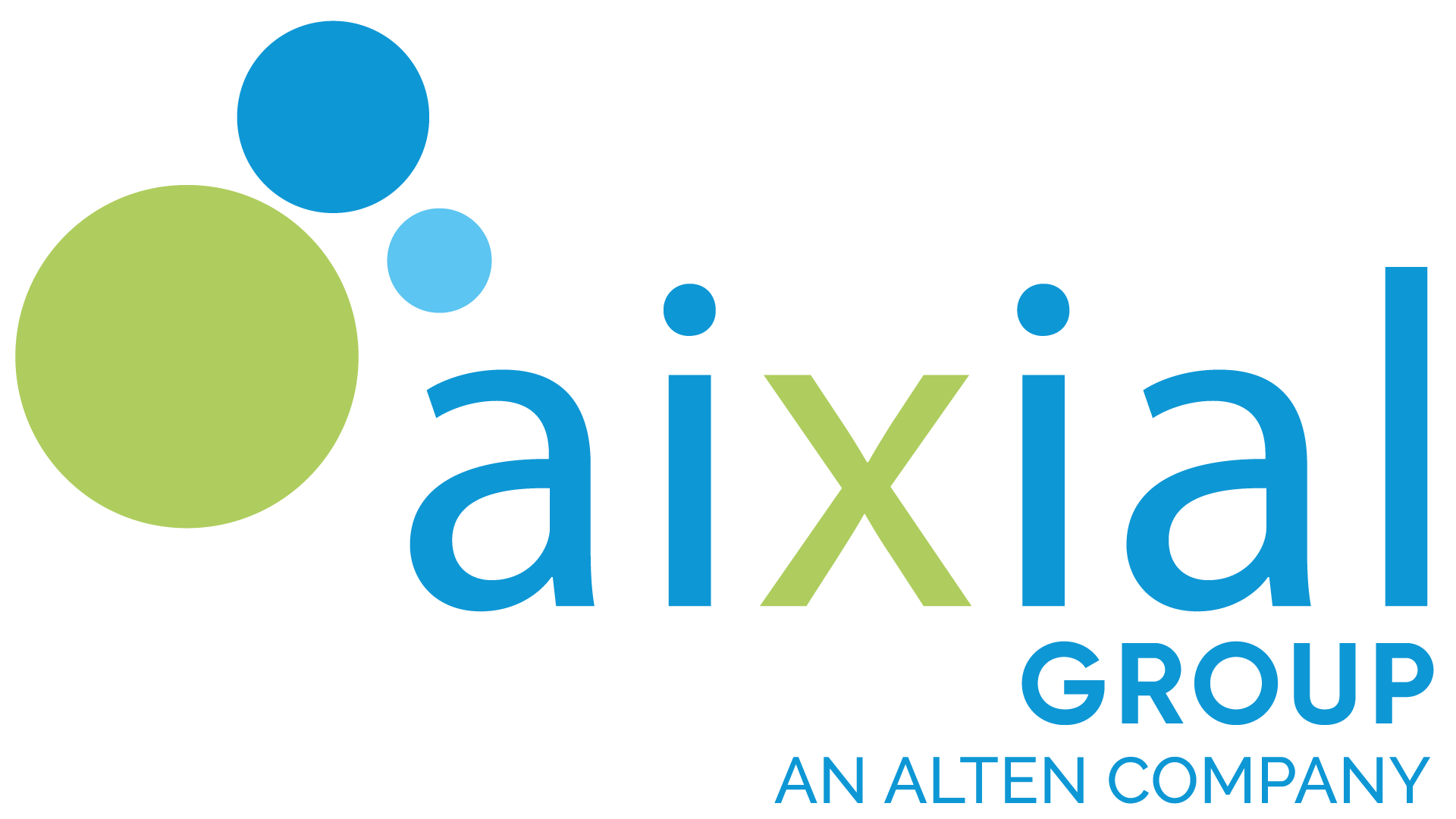Rare Diseases: Phase II Pediatric Study with Selected Metabolic Disorders
Case study
Aixial Group is currently collaborating with a US pharmaceutical company on a Phase II clinical trial involving paediatric patients with specific inherited metabolic disorders (IMDs) undergoing stem cell transplantation.
Inherited Metabolic Disorders (IMDs)
IMDs, such as Hurler syndrome, cerebral adrenoleukodystrophy (cALD), globoid cell leukodystrophy (GLD or Krabbe disease), and metachromatic leukodystrophy (MLD), are rare genetic conditions leading to progressive neuromotor and cognitive decline. Without intervention, these disorders are typically fatal.
IMDs result from enzymatic defects in metabolic pathways, and their incidence is estimated to be as high as 1 in 800 live births1. Advancements in genetics and biochemistry have significantly enhanced our understanding of the pathophysiology, early diagnosis, and treatment of these disorders2.Traditional treatments, such as dietary modifications, enzyme replacement therapies, and organ transplantation, have provided benefits for many IMDs.
However, enzyme replacement therapies for lysosomal storage disorders are ineffective in addressing central nervous system (CNS) manifestations due to the inability of therapeutic enzymes to cross the blood-brain barrier. In recent years, gene therapy has emerged as a promising treatment modality for IMDs. By introducing functional copies of defective genes, gene therapy aims to restore normal cellular function and address the underlying causes of these conditions. Ongoing research continues to explore innovative therapeutic interventions, including mRNA therapies and gene-editing strategies, with the goal of improving patient outcomes and quality of life3.
Current Therapeutic Solutions
Allogeneic hematopoietic stem cell transplantation (HSCT) remains the standard treatment for conditions like Hurler syndrome, MLD, GLD, and cALD. In this procedure, donor-derived hematopoietic stem cells migrate to various tissues, including the CNS, potentially mitigating disease progression4.
Challenges for Patients
Despite its therapeutic potential, HSCT carries significant risks. Transplant-related mortality rates range from 20% to 30%, with most fatalities occurring within the first six months post-transplantation5. Many pediatric patients lack a genetically identical bone marrow donor, leading to the frequent use of unrelated umbilical cord blood (UCB) units. While UCB is a viable alternative, the limited cell dose can delay engraftment, increasing the risk of complications and mortality.
Recent advancements in cord blood transplantation have focused on improving outcomes through better HLA matching and higher cell doses. These developments aim to enhance engraftment rates and reduce transplant-related complications, offering hope for improved survival and quality of life in affected children.
Aixial Group’s Solutions
At Aixial Group, we are committed to leveraging our expertise to overcome the inherent challenges in rare disease research, particularly in developing and executing clinical trials for innovative therapies targeting conditions like IMDs. For this particular Phase II we implemented the following approaches to support smooth operational running as the study got underway:
- Robust Enrollment Strategy
- Changes were made to the protocol to extend inclusion criteria during the design stage.
- Our team conducted motivational visits to sites for added support.
- When recruitment slowed we activated additional sites.
- Worked with the Sponsor so they could make updates to their website to support parents researching the study.
- Frequent Reliable Data Review
- Implemented recurring, frequent IDMC meetings which were supported with outputs and reports from our EDC and CTMS systems.
- This system functionality enabled committee members to assess data in real-time.
- IMP Tracking and Logistics Management
- Had a dedicated Logistics Coordinator to track and manage manufacturing complexities this ensured transparent and timely communication with the site which enabled the process to run smoothly.
- Medical Monitoring Support
- Medical monitors, as medical science experts, addressed questions from the clinical team and sites providing 24/7 coverage.
- Reviewed patients data in real-time.
- Responded to safety findings requiring Sponsor-convened ad-hoc IDMC meetings.
[1] Yilmaz BS, Gurung S, Perocheau D, Counsell J, Baruteau J. Gene therapy for inherited metabolic diseases. J Mother Child. 2020 Nov 10;24(2):53-64. doi: 10.34763/jmotherandchild.20202402si.2004.000009. PMID: 33554501; PMCID: PMC8518100.
[2] Kadıoğlu Yılmaz B, Akgül AH. Inherited Metabolic Diseases from Past to Present: A Bibliometric Analysis (1968-2023). Children (Basel). 2023 Jul 12;10(7):1205. doi: 10.3390/children10071205. PMID: 37508702; PMCID: PMC10378490.
[3] Baruteau, J., Keshavan, N. and Venditti, C.P. (2024), Mission possible: Gene therapy for inherited metabolic diseases. J Inherit Metab Dis, 47: 5-6. https://doi.org/10.1002/jimd.12708
[4] https://ashpublications.org/hematology/article/2011/1/285/96998/Stem-Cell-Transplantation-in-Inherited-Metabolic
[5] Mitchell R, Nivison-Smith I, Anazodo A, Tiedemann K, Shaw PJ, Teague L, Fraser CJ, Carter TL, Tapp H, Alvaro F, O’Brien TA. Outcomes of haematopoietic stem cell transplantation for inherited metabolic disorders: a report from the Australian and New Zealand Children’s Haematology Oncology Group and the Australasian Bone Marrow Transplant Recipient Registry. Pediatr Transplant. 2013 Sep;17(6):582-8. doi: 10.1111/petr.12109. Epub 2013 Jun 27. PMID: 23802616.

How can support your next project?
Whether you’re looking for a protocol review or a proposal,
simply reach out to us by filling our request for proposal.




![Safety, Preliminary Efficacy and Pharmacokinetics of [IP] in Metastatic Castrate Resistant Prostate Cancer](/wp-content/uploads/2024/11/70144-iStock-1180568434.jpg)
